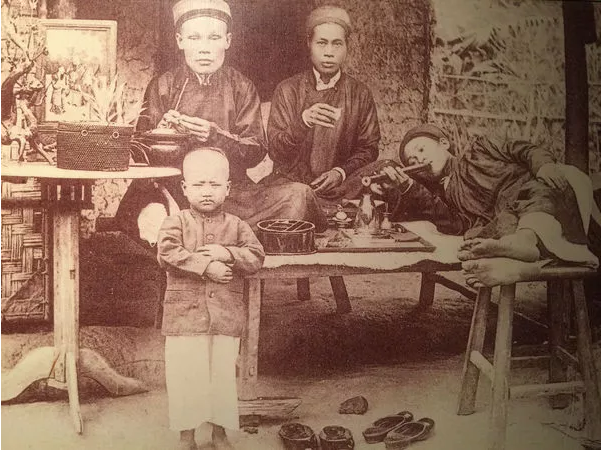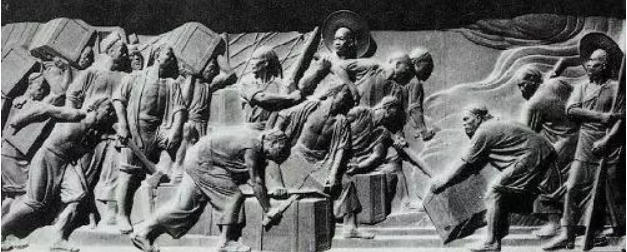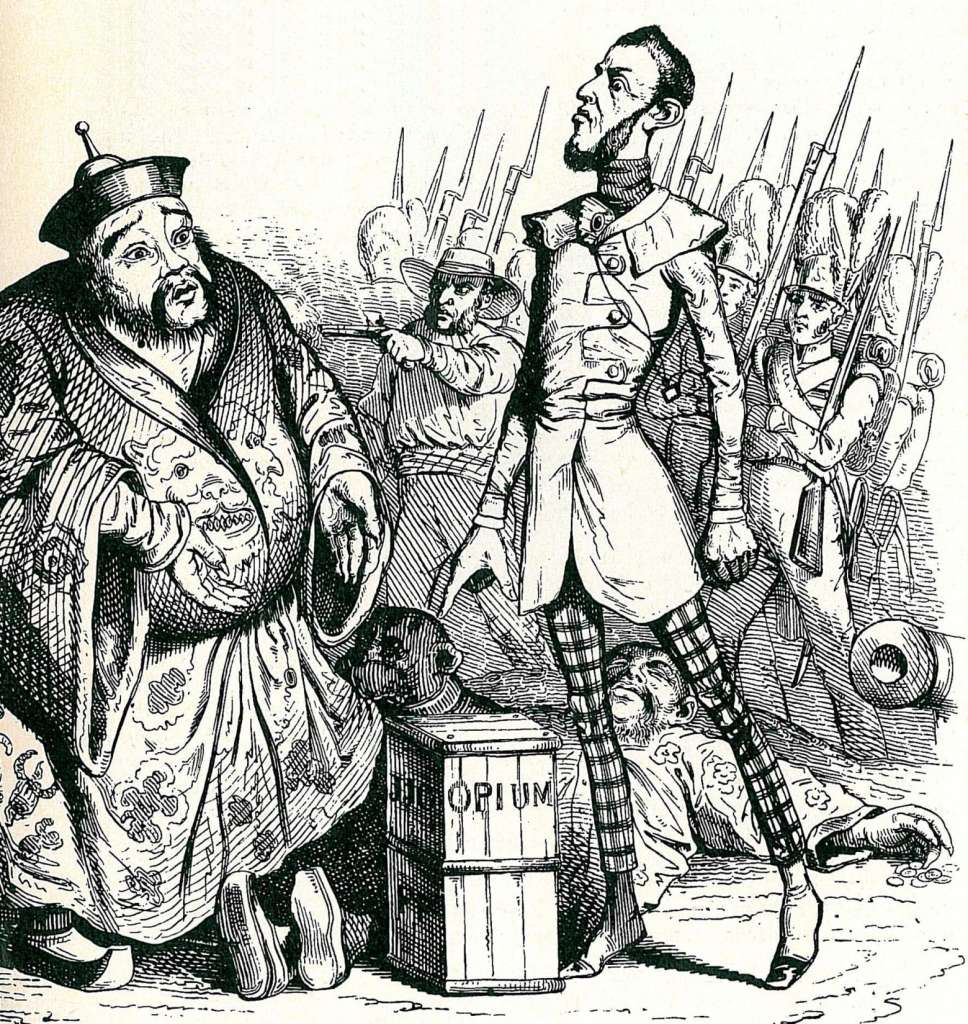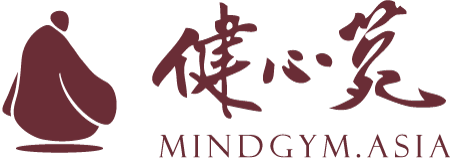The Story Relationship between Opium War and Tea
This is quite an interesting topic and there is long history of Chinese tea related to “Opium War” of China. Everyone is well aware of “Opium War”, it strikes my mind today, so I thought to write about the history of tea related to this opium age of China.
In the mid-18th century, tea entered the UK and Europe. It did not lead to the decline of Britain and Europe. On the contrary, it made the United Kingdom and Europe, stronger, shaping the mature civil society in Britain and Europe.
Tea did not cause health problems or mental problems in Britain and Europe. Instead, it improved their diet and physical condition, and enriched their spiritual life. Tea caused only one problem in the British Empire----the so-called "silver" outflow". As the tea was bought from china so they have to pay lot of silver to buy it and it caused a decent amount of silver flowing out of country which was not acceptable for British Empire.
To solve this problem, the British found a match against tea----opium. They started exchanging Opium for tea instead of paying for it in silver.

Opium was not first imported into China by the British. Opium entered China in the Tang and Song Dynasties and was originally used as a medicine. Opium was present in China for thousand years, but it has been "not a big harm." What caused bigger problem to Chinese was the method the started using it (smoking it) .
The use of opium was not invented by the Chinese, In the first half of the 16th century, the Dutch East India Company came to the East, not only directly involved in the opium trade, but also invented the way of smoking opium i.e combining East Indian opium with West Indian tobacco, this evil invention changed history. The Dutch trade in opium was only from India to Java.
The method of smoking was first brought to China by Dutch. The Dutch tried to develop the capital business of opium, but the Dutch had limited power in Asia and could not make it bigger and stronger. It was the British who maximize the capital function of opium.

The British East India Company participated in the opium trade as early as the 17th century, but In 1757 after they defeated the French in the Battle of Placy that it began to fully control the opium trade and created a huge and effective opium trading system.
After the sale of opium became common in China, the Chinese invented a new method of absorbing opium----they started extracting the tobacco (in the opium method invented by the Dutch) and directly absorbing pure opium.
This is opium culture was adopted by majority Chinese locals. And this way the purest opium was considered to be the most luxury drug. The method of smoking opium was invented by Dutch, which was further refined and purified by Chinese. Lots of provinces of India such as Bangladesh have lot of opium which were controlled by British East India Company, and they finally found a trade product to compensate for the long-term tea trade deficit, for the United Kingdom, the opium trade not only reverse the trade deficit caused by tea trade with Chinese but It also provided substantial financial support for the maintenance of the Indian colonies to British east India Company. On other hand For China, the opium trade not only caused the outflow of silver, as millions of silvers leaked per year, but it also greatly harmed the people both financially and physically.

Tea brought lot of wealth to one time but when Chinese become addicted to opium they not only lose the wealth but also their health and prosperity.
If passion is applied in the right place, it can greatly benefit the people, but in the unsuitable place, it has become the biggest disaster.
